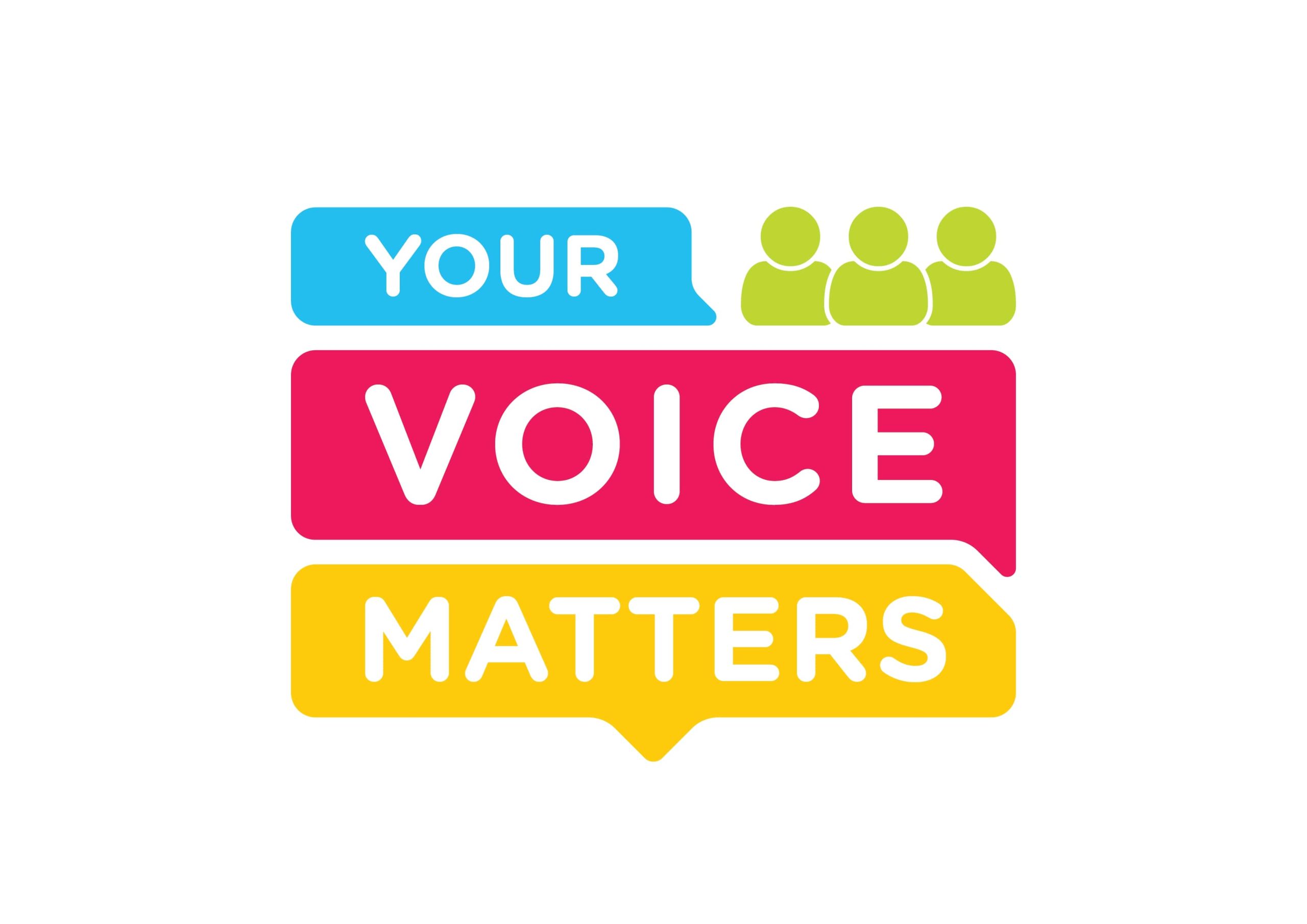Globally, the usage of blockchain technology spans beyond cryptocurrencies. Created in 2008, it is a decentralised ledger that can be used to verify and trace multi-step transactions in health care, retail, supply chain, financial industries, and more.
Having reduced compliance costs and speed-up data transfer processing, users can also confirm secure transactions using this technology, without the requirement for a central clearing authority.
Closer to home, Malaysia started its efforts in blockchain technology in 2015, with the Securities Commission (SC) and Bank Negara Malaysia (BNM) as important parties in the movement.
Moving forward, the Malaysian Industry-Government Group for High Technology (MIGHT) has stated that Malaysia will be adopting Blockchain by 2025 and many banking institutions are requested to explore and adopt this technology into their financial systems.
From a health care perspective, every health care institution treats medical data as a highly privacy-sensitive element. The thought of giving patients control of access to their records and the exchange of health data between institutions raises the risks of data exposure and opens up issues around trust and security.
Hence, blockchain’s distributed ledger technology in health care makes it easier to transfer patient medical records securely, improve health care data security, control the medication supply chain, and aid genetic code study in the medical field, therefore ensuring medical data integrity and privacy in Malaysia.
Currently, the problems of the medical record system include a lack of security, difficulty in transferring medical records between multiple health care institutions due to system complications, human errors when recording, storing, and transferring patients’ data, and unwanted tampering of data.
These issues can become stumbling blocks that contributes greatly to even bigger and more unfavourable problems such as heavy monetary losses to health care institutions, due to complications with patient’s medical data, which can lead to legal consequences.
Furthermore, when medical records are mixed up, not up to date, or stored incorrectly, it can severely endanger the wellbeing and health of a patient.
Additionally, the inefficiency of an antiquated medical record system will surely jeopardise the patient’s transfer process between different medical institutes due to complications with the patient’s medical data exchange.
Post-Covid-19 pandemic, Malaysia has been dealing with issues related to the health care system. A national scandal ensued after the Public Accounts Committee (PAC) revealed that the MySejahtera contact tracing mobile app was developed for the government without a contract with the developers.
Separately, then-health minister Khairy Jamaluddin created a Healthcare Work Culture Improvement Task Force (HWCITF) to examine the purportedly toxic work culture in public hospitals.
Private general practitioner (GP) clinics, pharmacies, and hospitals in Malaysia suffered major shortages of various prescription and over-the-counter medications since last May, due to Covid-19 lockdowns in Shanghai, China, and the ongoing war in Ukraine.
More than an acute problem, the extraordinarily severe drug shortage in Malaysia this year exposed a need to boost the country’s medicine security for future international issues in the global pharmaceutical supply chain, as Malaysia is a net importer of pharmaceutical products.
The collaborative role of blockchain, artificial intelligence, automation, and the Internet of Things (IoT) will be able to resolve and more importantly, prevent such issues from occurring.
It is known that MySejahtera had infused blockchain technology into its system during its conceptualisation. The app could have functioned better had it covered the whole process, ranging from user registration, vaccine supply chain, contact with Pusat Pemberian Vaksin (PPV), medical officers, and more.
Meanwhile, the issue of unfair workloads and toxic working culture at public hospitals also can be solved if the Ministry of Health integrates digital innovation into its systems.
Many manual processes can be automated and data transfer from one doctor to another can be updated quickly and efficiently, fostering a favourable environment between patients and doctors.
Blockchain technology can also help with medicine shortages through proper analysis at hospitals. Through analysis with untampered data, it can help to solve issues in the pharmaceutical supply chain by establishing proof of ownership.
Before reaching patients, drug ownership changes from the manufacturer to the distributor, then to the pharmacist, by the cloning of Radio Frequency Identification (RFID) tags. Using blockchain’s ability, more features can be periodically added to the chain.
There are several processes and new regulatory procedures related to blockchain that need to be standardised and coordinated. As a catalyst for change, Malaysia should look into this as a core pillar to move the needle forward. Blockchain technology is ready, and so are we.
Prof Afizan Azman is an associate professor at the School of Computer Science, Faculty of Innovation and Technology, Taylor’s University.
- This is the personal opinion of the writer or publication and does not necessarily represent the views of CodeBlue.




